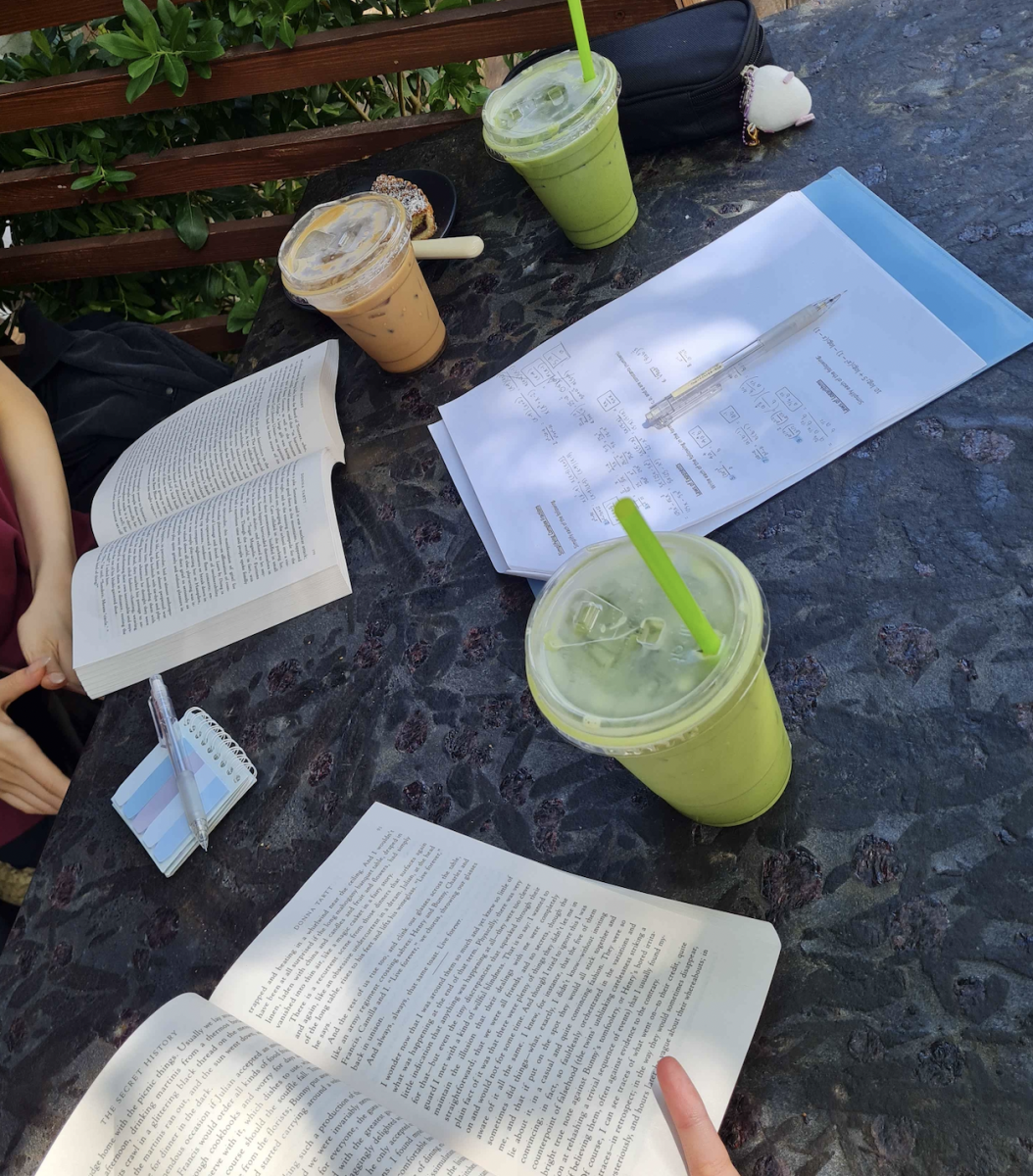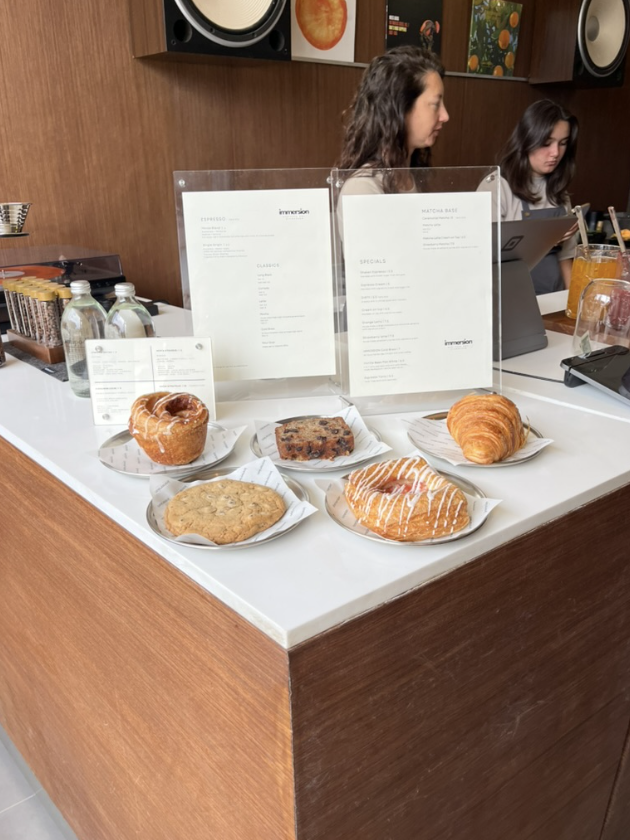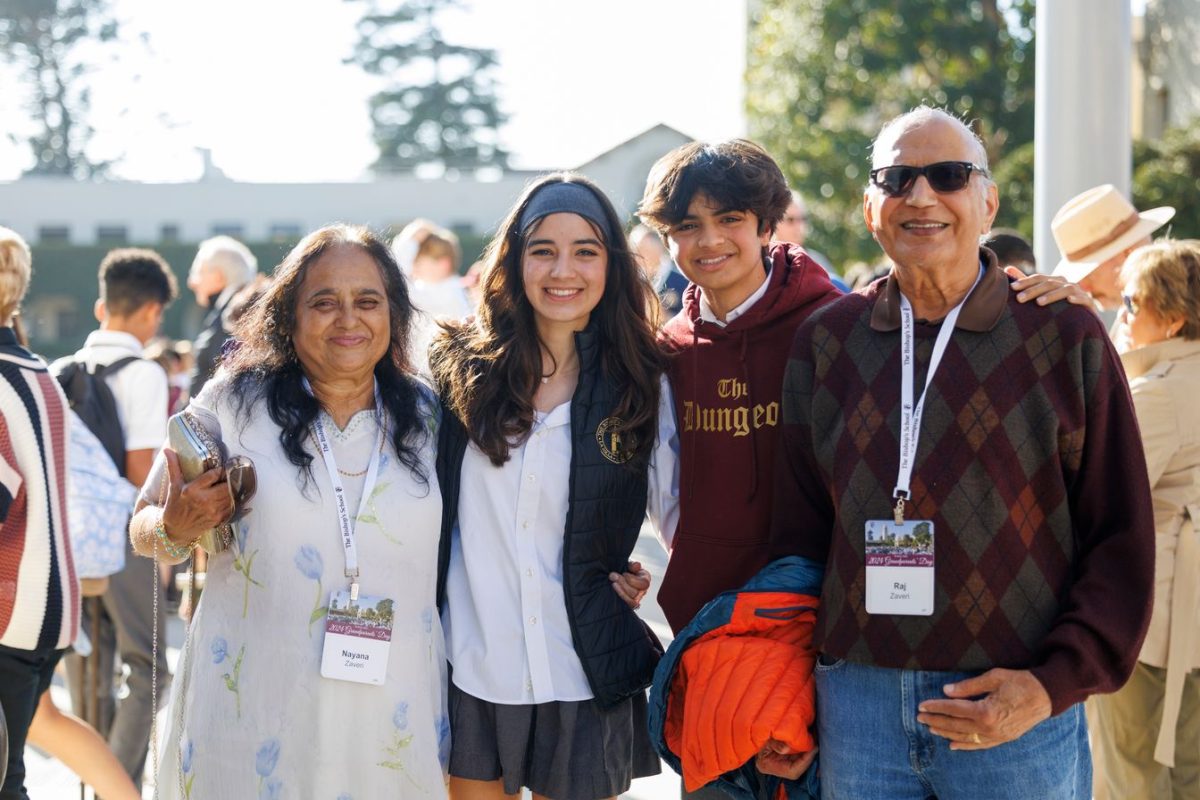On November 3, 2024, we all got an extra hour of sleep. For some students, this may seem to be something great — a gift! However, daylight savings also hit students hard: sluggish nights, disruptions to sports, and difficulty adapting.
The after school tiredness and the gravitational pull to beds are at an all-time high. On the first day of daylight savings, Blanche Arnold (‘25) recalled looking out at the dark and said, “I hadn’t even eaten dinner, and yet I was ready to hit the hay.”
Hritika Hosalkar (‘28) said daylight savings makes “homework an even greater chore and makes late nights feel even later.” Amala Randolph (‘28) added, “My body wants to shut down when I’m supposed to do homework.”
Scientific reasoning explains why students feel this way. Daylight savings impacts our “circadian rhythm,” which is the mind and body’s changes to the environment. Light has a significant impact on the body’s circadian rhythm. Scientifically, when it is dark at 5 p.m., our bodies get sleepier sooner.
Consequently, in the morning, the light also impacts our circadian rhythm, making us more alert. In the mornings, the sun is already up, urging students and teachers to jump out of bed. Calvin Lubsen (‘28) said, “I feel more productive and not so sluggish in the morning.”
However, many students have had to use the mornings to catch up on work that they could not complete the night before.
Ayla Johnson (‘26) said, “My brain tends to shut down after 11:30pm so instead of staying up later I move my wake up alarm earlier to finish what I didn’t get to.” Chloe Chereque (‘26) added, “Sometimes after spending all day at school and all afternoon and evening doing homework, I get extremely burnt out, so 9 times out of 10 it’s easier to just let my mind rest, and wake up an hour or so earlier to finish up assignments, rather than doing it with a fried brain.”
So depending on the type of student one is, the morning may be better suited for getting homework done. Though, this does show how daylight savings has caused students to adjust routine to adapt to work habits.
Similarly, daylight savings has impacted sports, forcing teams on campus to adapt to the earlier sunsets, as many sports have to stop once the sun goes down. And whether a student plays a field sport, indoor sport, or in the pool, the light, rather the lack of light, and temperature can affect performance.
Calvin Lunsen (‘28), a water polo player, said that after the sun sets, the wind picks up, striking his body “with the fierce cold.” For water polo players, getting out of the pool at night is a cold and unpleasant experience.
Amala, a field hockey player, said that the early sunset caused a game to be cut short.
Cash Herrerra (‘26), the quarterback for the football team, added that “during practice, we can’t see the football, so the wide receivers can’t see the ball, so they drop it, and we have to finish practice early.”
Though daylight savings has its benefits, overall it has proven to be a burden to many students. Adjusting to the new routines of daylight savings can be difficult and will take time —- but you can make it through!









